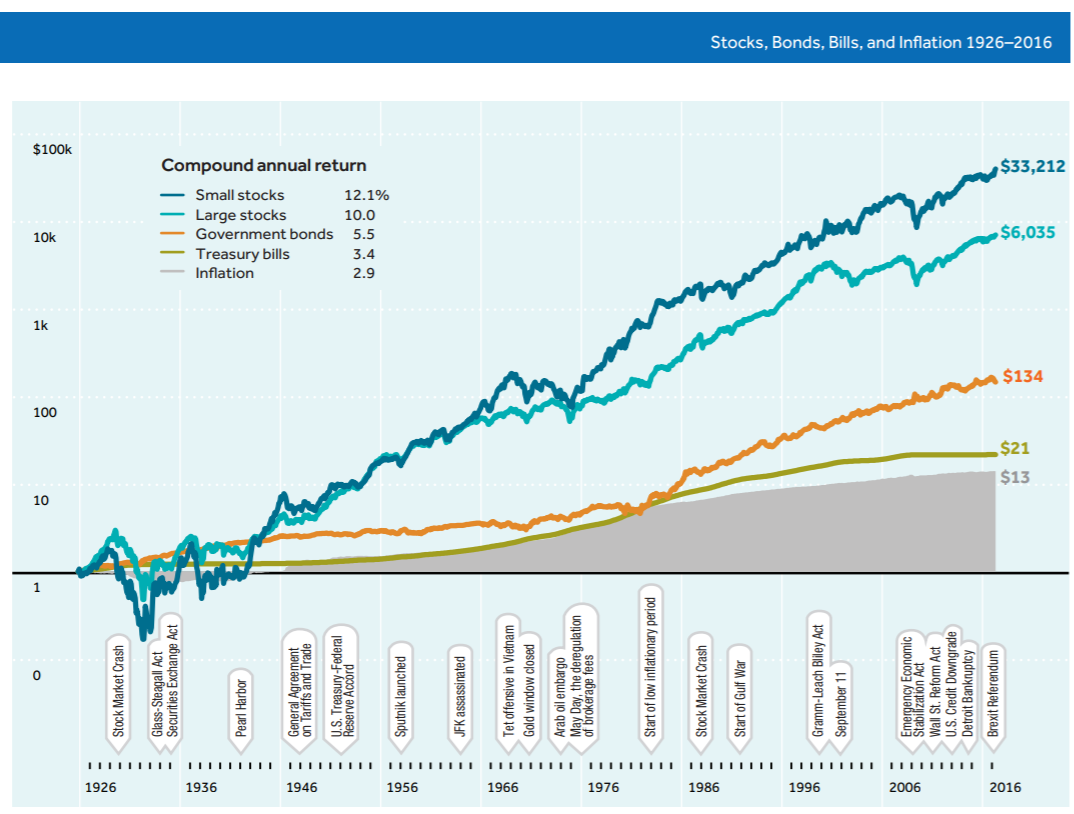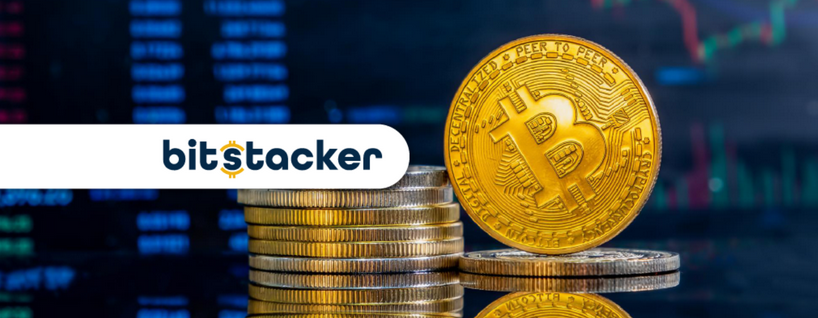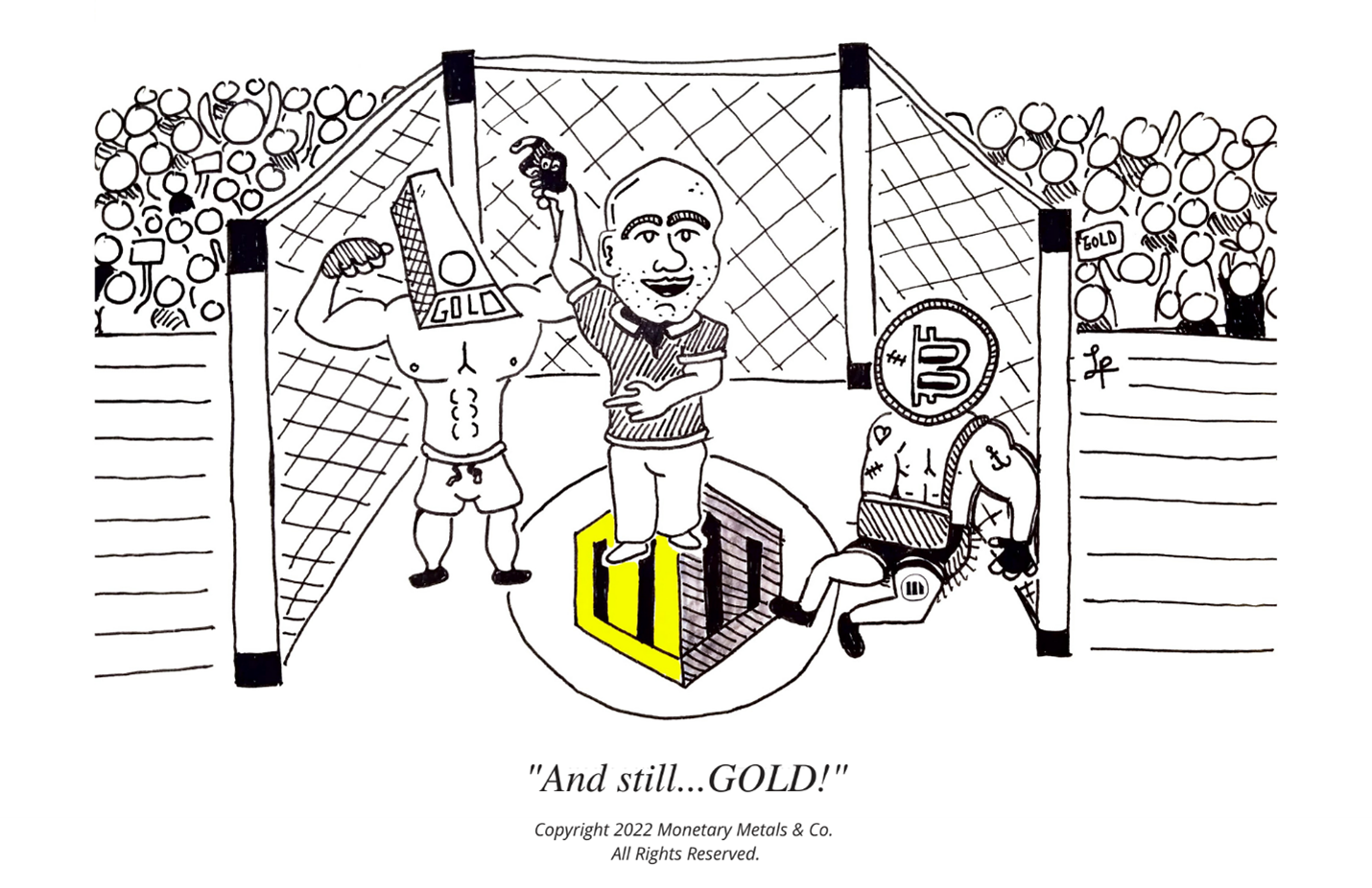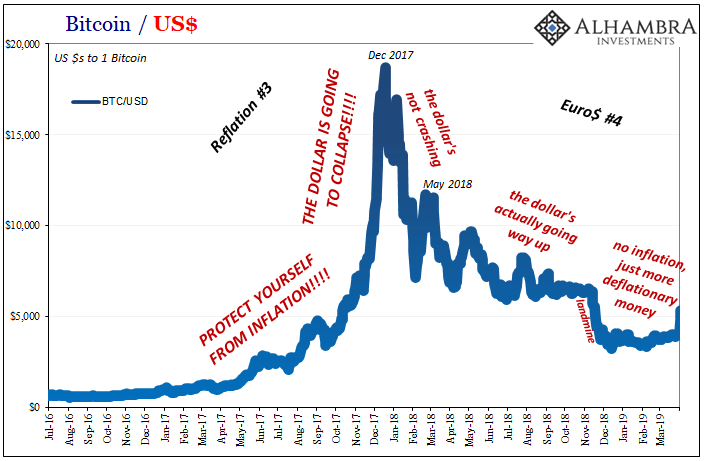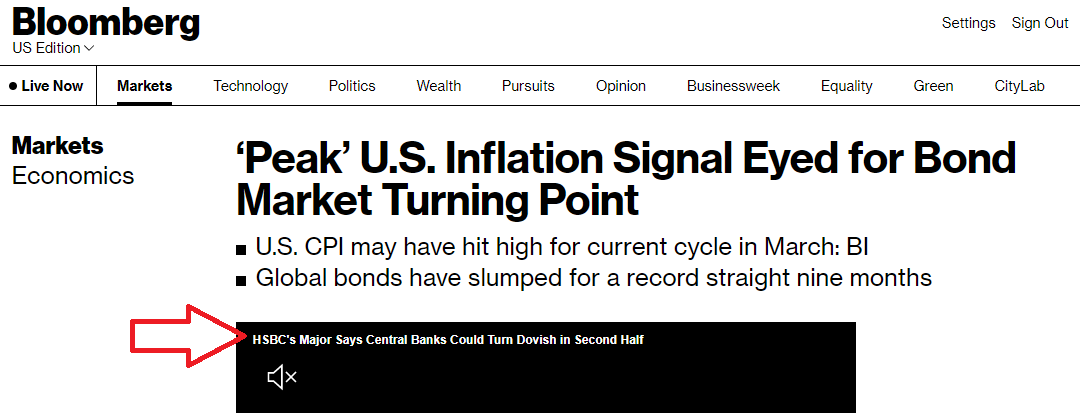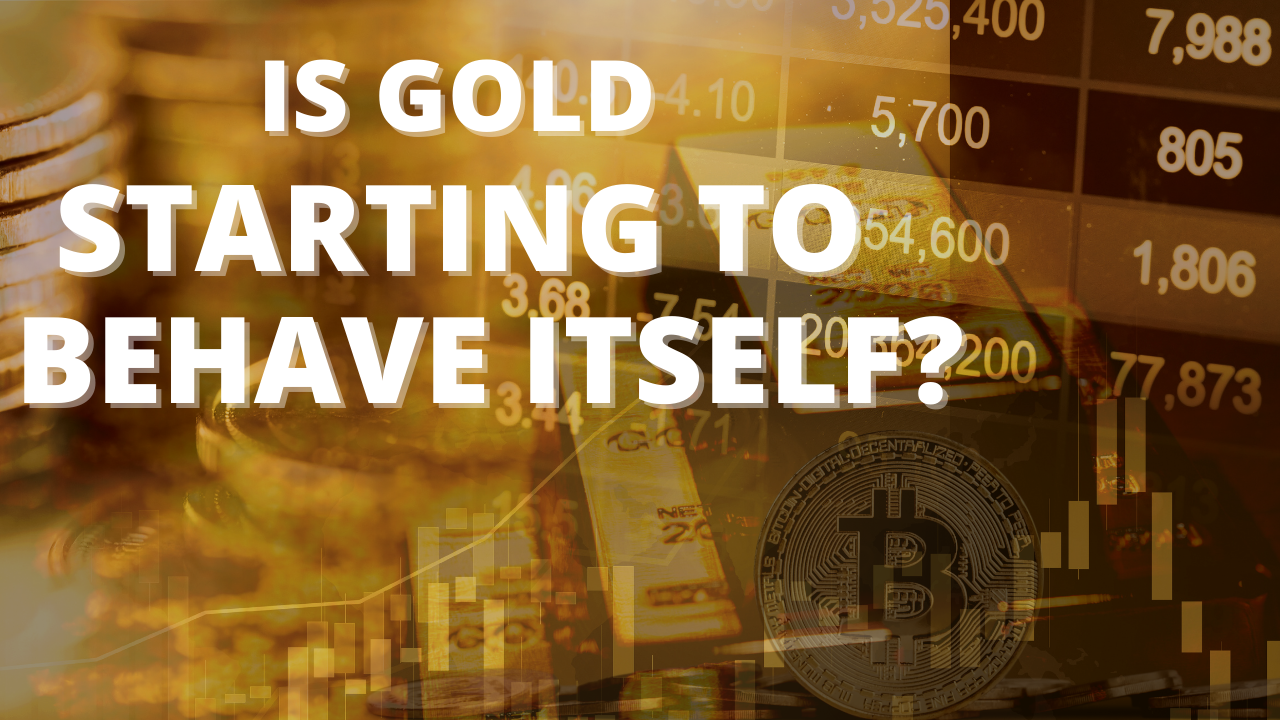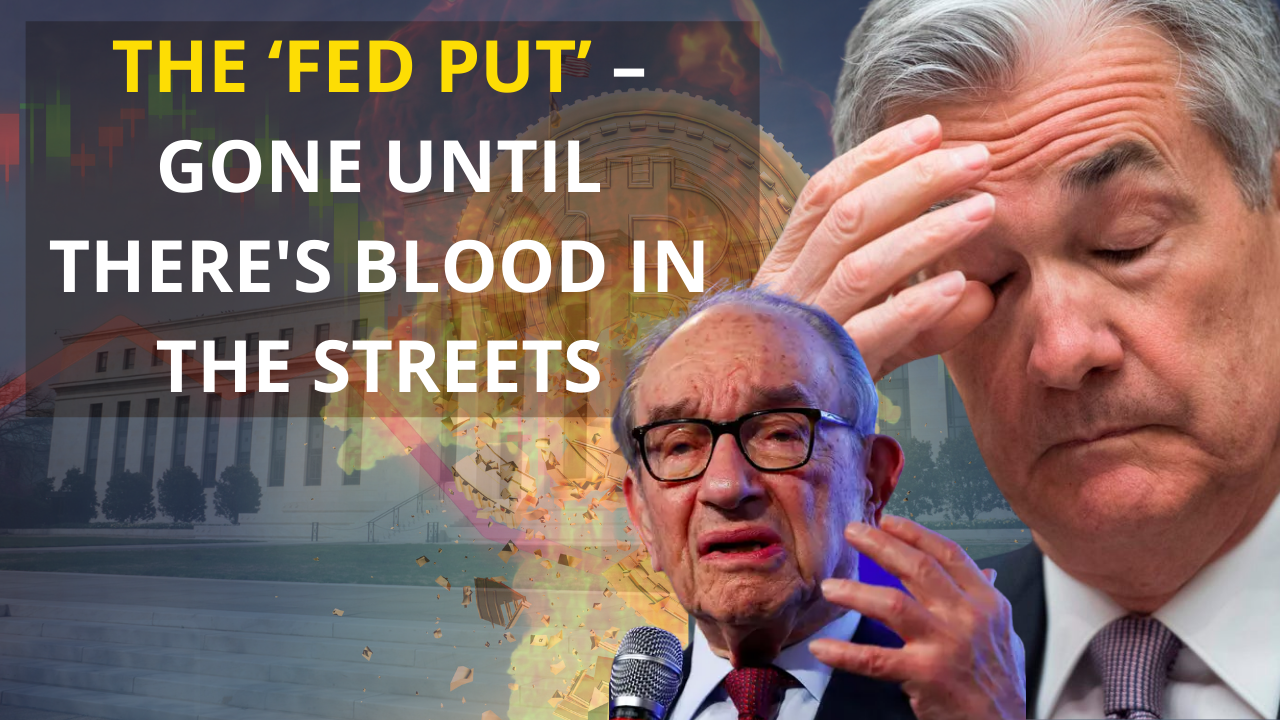 The publication of the Bitcoin white paper immediately after the outbreak of the global financial crisis in 2008 is hardly a mere coincidence. The financial collapse especially touched on one crucial question: Money talks, but who talks money if you will? According to Satoshi Nakamoto, the pseudonym behind Bitcoin, it’s the world’s central and commercial banks which rule over our money.
The publication of the Bitcoin white paper immediately after the outbreak of the global financial crisis in 2008 is hardly a mere coincidence. The financial collapse especially touched on one crucial question: Money talks, but who talks money if you will? According to Satoshi Nakamoto, the pseudonym behind Bitcoin, it’s the world’s central and commercial banks which rule over our money.
As a careful analysis of the matter indicates, Nakamoto does not seem to be wrong with his assertion. Starting with the industrial revolution, the constantly growing intertwining between what we would call the unholy triumvirate consisting of industry, state and banks has taken its course ever since. Increasingly large economic areas and industrial projects necessitated ever stronger financial market integration and thus the centralization of trust structures. With the digital revolution, these centralizing dynamics have even become stronger.
Probably the greatest benefit of this impressive financialization: an incredible, unprecedented wealth explosion in those areas where this process has progressed the furthest, i.e. in the West. But Nakamoto sheds light on the downside of this development. He points out that central and commercial banks have repeatedly abused their high standing and trust they have earned over time.
Here, Nakamoto seems to be correct too. If we soberly look at what is happening today: More and more, a financial cartel of commercial and central banks seems to be trying to plan the financial and real economy in an increasingly straightforward way. If mistakes are made by this cartel, which is inevitable given the impossible task of steering and controlling an economy, losses are imposed on the general public or socialized through inflationary measures, while profits are privatized.
A long-desired alternative
As a universal, abstract value transmitter, money plays a leading role in a world characterized by uncertainty and chance. Liquid funds help us to prepare for an always uncertain future and its unexpected events. If money or the availability and value of it can all of a sudden become uncertain — a fact that has been brought to our attention by several bank runs, the rationing of cash withdrawals in Greece or the complete freezing of bank accounts in Cyprus in the course of the financial crisis — the uncertainty and thus a feeling of slumbering helplessness gets bigger. Therefore it is no wonder that the search for alternatives must begin, which ultimately and eventually led to the discovery of Bitcoin.
But it is not only a looming feeling of increasing impotence with regard to future affairs that can be seen as a problematic outgrowth of our current financial system. Another problem with our centralized financial structures can also be seen tackling a further example.
Wikileaks is one of the most controversial organizations ever. Supporters argue that it would hold powerful institutions accountable by enabling informants to anonymously publish evidence of unethical behavior. Critics argue that Wikileaks would threaten the national security and international relations of countries while at the same time taking very uneven action against major powers such as the United States. Both views have some truth to it.
Because Wikileaks was and still is seen as controversial, several of the world’s largest payment providers, including Visa, Master Card, Bank of America, PayPal and Western Union, began to stop making donations to WikiLeaks in 2010. For the non-profit organization, which depends on donations, this was quite a severe blow. Interestingly, the act of stopping donations was without any legal basis — WikiLeaks had not been charged, let alone convicted of any crime. Even some critics had to reluctantly admit: This type of censorship has established a dangerous precedent.
The reader may not be interested in WikiLeaks or might even be against its activities. Ultimately, however, this is only an illustrative example. There are countless other non-profit organizations that are a thorn in the eyes of certain interest groups and could be a potential threat to them. Whether a generally unpopular organization is blacklisted often depends on how the tug-of-war and the intrigues in the political circus are fought out — usually whoever has more lobbying power wins the upper hand. So what if suddenly a union that is personally dear to you falls victim to censorship? That would be awful!
Our modern financial system does not only exclude certain parties by means of censorship. Worldwide, two billion adults are still considered unbanked and do not even have a simple checking or savings account, let alone access to an electronic payment system such as Visa or Master Card. This will not change in the immediate future, as traditional banks have little incentive to provide services to these people on a large scale due to prevailing constraints. Of course, Bitcoin will not bring these two billion people out of poverty overnight. However, as technology advances, it is likely to open a door to these people for the first time.
Bitcoin — and the broader crypto world — is therefore in its origins an attempt to offer a possible alternative for or even an answer to the developments and problems of our financial system just described. In this respect, this new phenomenon can be seen as some sort of attempt to reform our monetary and financial edifice. However, this way of reforming differs from other politically motivated, centrally orchestrated undertakings such as conventional currencies, full money or global financial reforms tried by the United Nations. Bitcoin was not launched by any party, rose outside the existing financial structures and gained its increasing importance spontaneously through the adoption and appreciation of individual individuals. It is these points that will probably make Bitcoin and crypto far more successful than any other political monetary reform. As an alternative, Bitcoin breaks down the established, centralized trust structures of our financial system. It still seems that these not only shape our current financial options but really define them, as a bank account is still pretty indispensable for more complex and therefore digital financial matters. With crypto, that is about to change.
Ignore it at your own peril
As Europeans, especially as Swiss citizens, the rediscovery of Bitcoin and cryptocurrencies seems to be little revolutionary, which is why they are mainly dismissed as objects of speculation. In this country we are so “overbanked” that we can hardly understand their benefits: We all have several bank accounts, Visa and/or Mastercard, Twint, a functioning banking system and the Swiss franc. All these things should not be badmouthed, as they are highly functional. Nevertheless, functional does not mean that it will function forever and that there are no black swan risks involved. It should never be forgotten that no idea, system or institution created by man is carved in stone for all eternity. In Switzerland too, the money in one’s own account does not really belong to oneself; the account holder merely has a claim on the bank for legal tender. In Switzerland too, bank, Visa or Mastercard transactions are not irreversible, but can always be reversed, even after processing has already been completed. In Switzerland too, banks have only meager equity ratios and may have more bad eggs in their balance sheets than is generally assumed at present. In Switzerland too, the National Bank has set foot on thin ice with the unprecedented and staggering expansion of its balance sheet. The SNB is currently conducting an experiment and no one can say with clarity whether this experiment will have a happy end. We should be well aware of the fact that, in our uncertain world, a period of long stability always increases the potential for instability. Precisely because we are used to financially stable conditions and functional money, we should be all the more cautious, open and prudent. State-issued paper currencies and their electronic derivative were not and probably won’t always be money.
Ultimately, it is this much-needed prudence, humility and curiosity that should not make you categorically reject the new crypto phenomenon. Bitcoin offers the possibility to be the sole master of parts of one’s own money: If you have access to your own Bitcoin via the corresponding private keys, you can always do so without the consent of third parties. Once a bitcoin transaction has been settled, it can no longer be reversed by anyone. Anyone who holds his bitcoin himself does not have to fear that it will be lent in the background by a third party. And there is no central bank with Bitcoin that can mess with its supply.
Bitcoin and other cryptocurrencies are even deemed by some a protection or financial “hedge”. Whether this view is justified remains to be seen. Critics of Bitcoin rightly point out that the cryptocurrency has only been around in an unusual market environment since the last financial crisis. Over the last ten years — exactly during Bitcoin’s lifetime — central banks, with their ultra-expansive monetary policy, have created the everything bubble. At the same time, they have pushed market volatility into the cellar and eliminated risk pricing on the financial markets. The legitimate question is: How will Bitcoin behave in a recession? And how will the Bitcoin price react in the course of a possible crash? Nobody knows that. But perhaps, Bitcoin could make a difference, after all in its origin Bitcoin has been set up as the antithesis to our current financial world. Some crypto enthusiasts hope that this initial spirit is still hidden somewhere and, in the event of a crisis, will be remembered by investors, which will make them flee into Bitcoin as a safe haven. The odds might not even be so bad considering the fact that Bitcoin has had more than one surprise in store within the last nine years of its existence.
Are you the author? Previous post See more for Next postTags: Bitcoin,newslettersent























